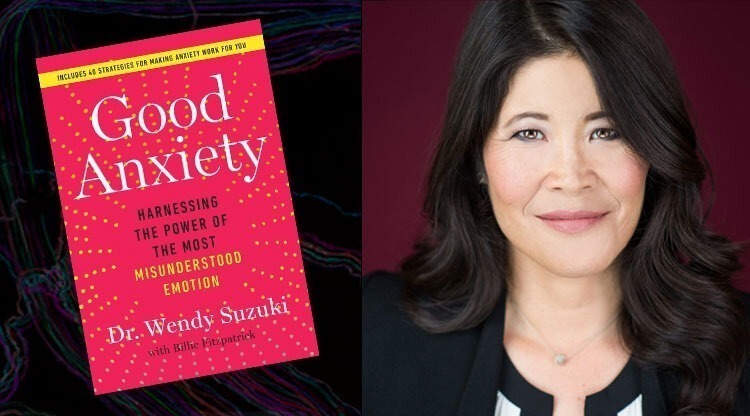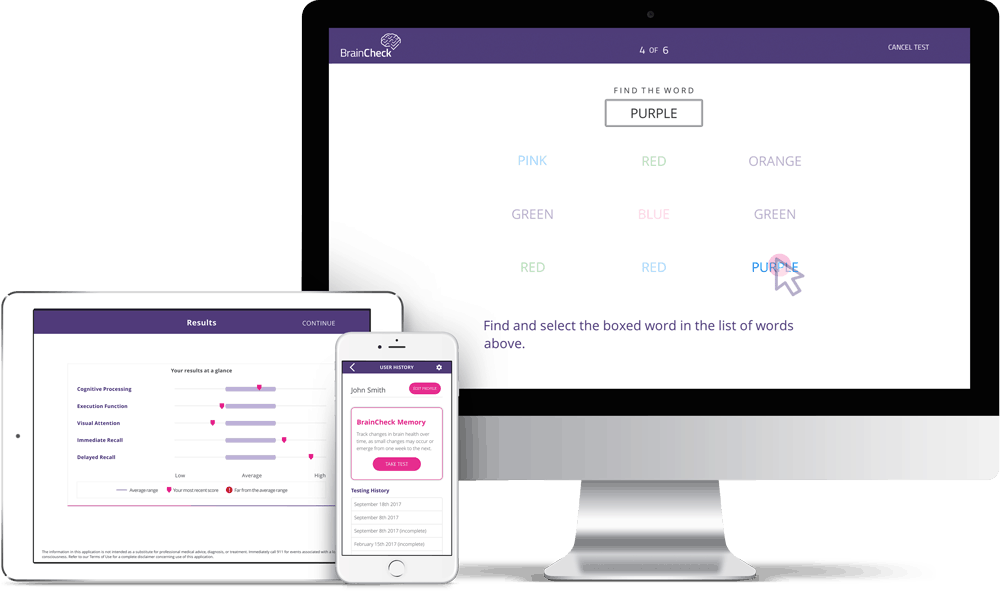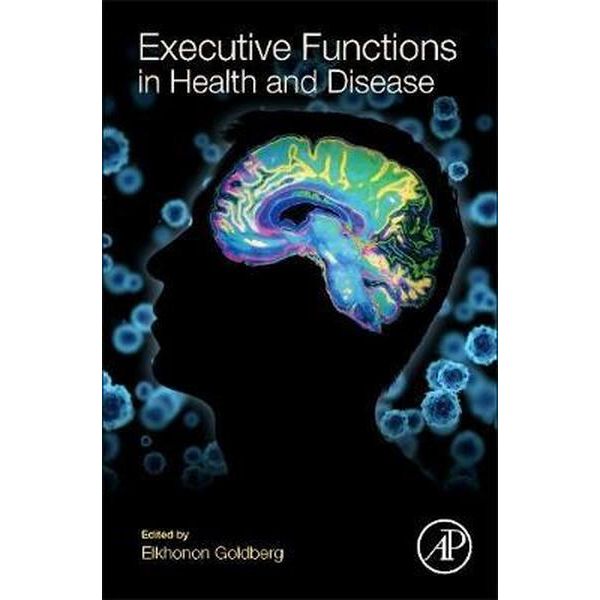Posts Tagged ‘neuroscientist’
Q&A with Dr. Wendy Suzuki on the parasympathetic nervous system and harnessing anxiety for good
Anxiety can feel like a heavy weight that we didn’t ask to carry. Who wouldn’t love to get rid of it? But neuroscientist Wendy Suzuki wants to challenge the way we look at our anxiety. In fact, her new book is called Good Anxiety: Harnessing the Power of the Most Misunderstood Emotion. If you’re skeptical, so…
Read MorePromote brain plasticity and keep your mind at ease by taking your daily “exercise pill”
As with many other physicians, recommending physical activity to patients was just a doctor chore for me – until a few years ago. That was because I myself was not very active. Over the years, as I picked up boxing and became more active, I got firsthand experience of positive impacts on my mind. I…
Read MoreNeuroscientist Lisa Genova, author of the beautiful novel Still Alice, releases non-fiction book on Memory
A Neuroscientist’s Poignant Study of How We Forget Most Things in Life (The New Yorker): Any study of memory is, in the main, a study of its frailty. In “Remember,” an engrossing survey of the latest research, Lisa Genova explains that a healthy brain quickly forgets most of what passes into conscious awareness. The fragments…
Read MoreNeuroscience tips about gratitude, aging, pain and the brain: An interview with Dr. Daniel Levitin
___ About 13 years ago, I watched my very vital mother die a slow death from Lewy-Body dementia. For me, it was a wakeup call. If there were anything I could do to stay healthy myself—to avoid the slow decline of an aging brain—I wanted to do it. But what really helps us stay sharp…
Read MoreBrainCheck raises $8 million to digitize cognitive/ neuropsychological assessments and better serve the aging population
_______________ This startup just raised $8 million to help busy doctors assess the cognitive health of 50 million seniors (TechCrunch): “…startups increasingly recognize opportunities to cater to this aging population. Some are developing products to sell to individuals and their family members directly; others are coming up with ways to empower those who work directly…
Read MoreExecutive Functions in Health and Disease: New book to help integrate Cognitive Neuroscience and Neuropsychology
__________ Neuroscience used to be the monopoly of a few elite universities located in a handful of countries. Neuropsychology used to be a quaint niche discipline relatively unconnected to the larger world of neuroscience and content in its methods with paper-and-pencil tests.
Read More





